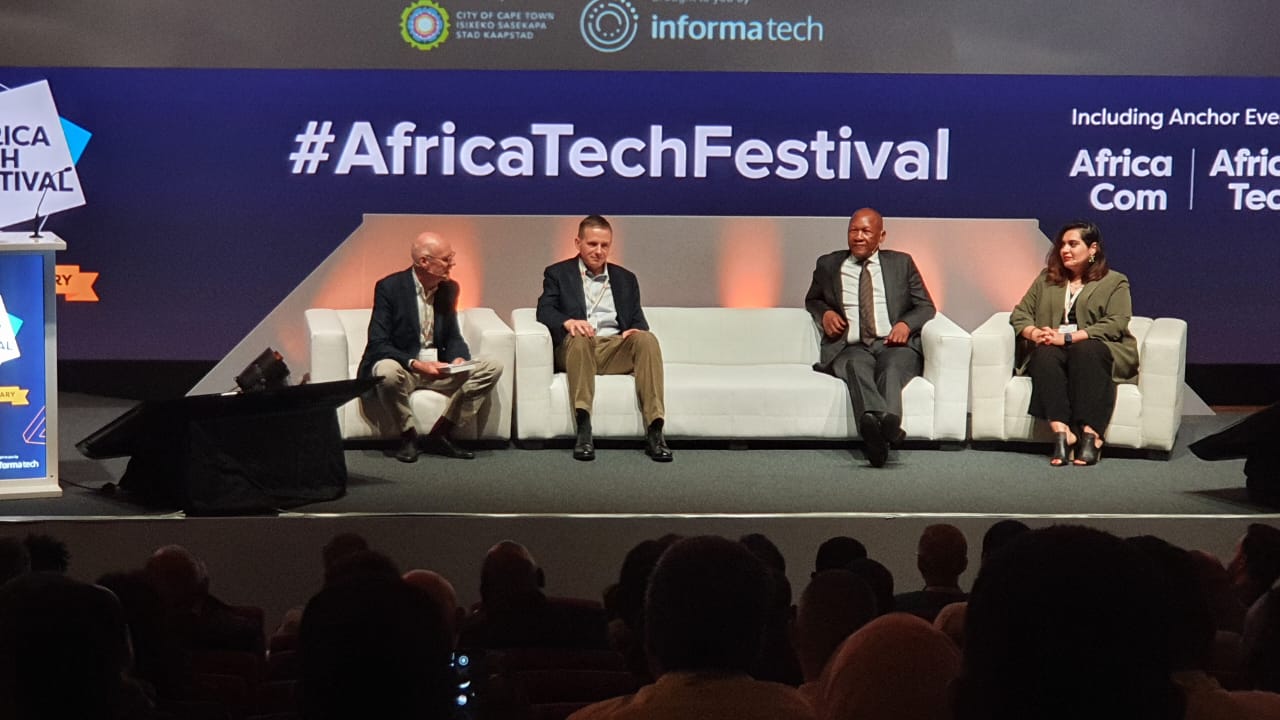Regulation is a necessary evil right? While it can feel slow and lethargic at times, we need it to make sure that things are done the right way and work as promised.
At Africa Tech Fest and AfricaCom 2022 happening in Cape Town this week, the matter of regulation came up during the panel “Looking Back, Going Forward: How Africa’s Tech History Contains the Roots of its Future.”
The panel featured:
- Nic Rudnick – Chief executive officer at Liquid Intelligent Technologies
- Nika Naghavi – Executive director of MNOs at MFS Africa
- Funke Opeke – Chief Executive Officer, MainOne
- Andile Ngcaba – Founder and executive chairman Convergence Partners Investments
The discussion centred around how Africa’s lack of regulation surrounding digital technologies in the early 90s, led to many of the modern advancements we see today. The pervasiveness of mobile connectivity, mobile money’s adoption and other technologies many would consider old were born – or at the very least enabled by technologies launched – in the early 90s.
As Rudnick explained during the discussion, in the early 90s governments were issuing spectrum into a void. This in turn led to the creation of massive entities such as Vodacom, Airtel, MTN and others. Of course, at the time there was no knowing how successful these firms would become but they flourished in an environment that was largely unregulated.
In the decades since the early 90s however, regulators have become assertive and while this can be good at times, it can also hinder innovation.
“Some regulators need to realise they need to stay out of the way. Rapid growth happened in an unregulated environment,” says Rudnick.
So regulation needs to go then? Well, not entirely.
Rather, Ngcaba proposes a change where regulators become “digital enabler organisations” or as we’re referring to them DEOs. This means enabling digital transformation be it fintech, agritech, healthtech, sporttech or any other convergence of technology and life.
This, however, requires investment into aspects such as infrastructure but adoption hinges on other things as well. Digital literacy, device cost, the cost of access and access to services can help drive adoption along but government, and regulators, need to focus on enabling these solutions.
The trouble is that as we’ve seen with the likes of ICASA and spectrum, no matter how pressing a need may be, regulatory hurdles can cause delays that stretch out for years.
Once these problems are addressed, the solutions almost write themselves. For instance, before mobile money, many Africans were locked out of a formal financial ecosystem.
Solutions such as MPESA changed the game. And since its inception, MPESA has become a robust offering with international remittance and even credit products.
DEOs sound like a good solution to the problems regulators pose but we do wonder if they will simply replace regulators by name and not in function.
The panel hopes that isn’t the case and that the youngsters of today will help push innovation forward, and as a result push regulators to be more effective or change their functions entirely.

